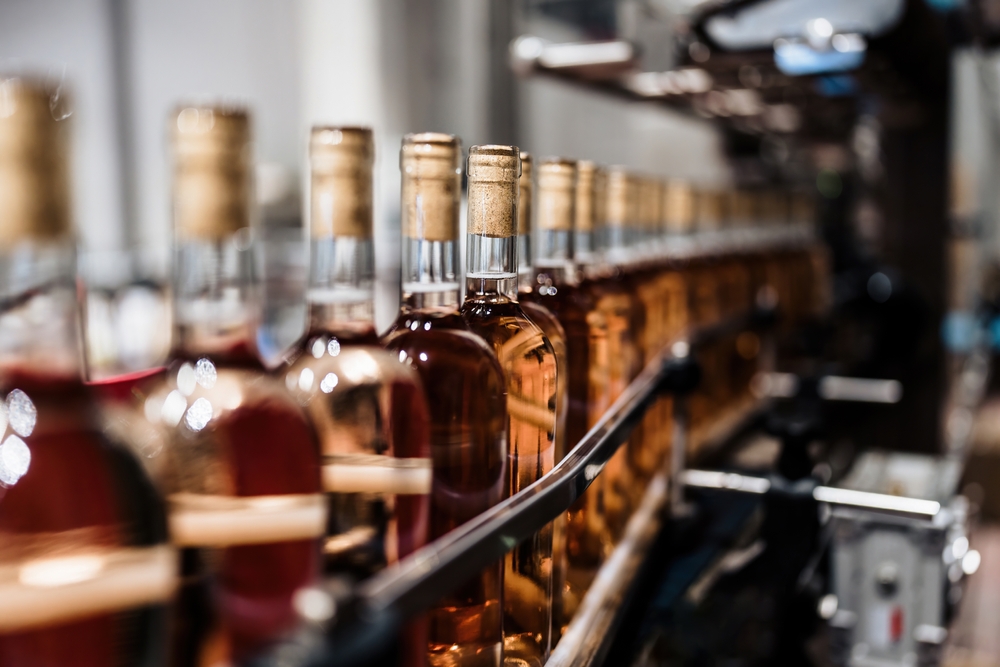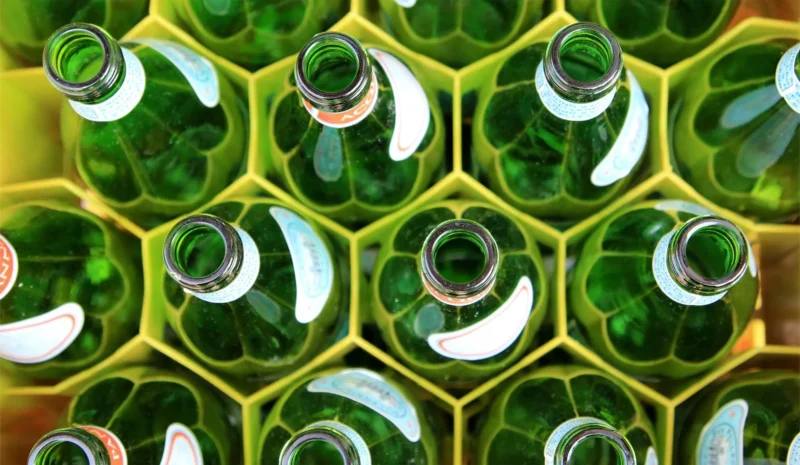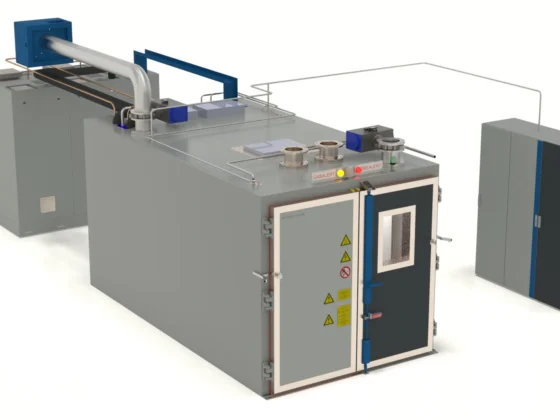In the modern age, sustainable practices in alcoholic beverage manufacturing have become increasingly important. With concerns for the environment and resources growing across industries, manufacturers of these drinks must make sure their production methods are as efficient and eco-friendly as possible.
From sourcing ingredients to packaging materials to energy usage during production, there is much that needs to be taken into account when it comes to creating a sustainable business model for alcoholic beverage makers. This article will explore some of the best practices currently being used by major producers in this sector.
Well, look at how they are managing sustainability issues while still producing great-tasting products that consumers demand. By understanding what goes into making these beverages responsibly, we can all take steps towards advocating more responsible consumption of alcohol around the world.
Maximizing Efficiency and Resource Usage
In modern alcoholic beverage manufacturing, maximizing efficiency and resource usage is paramount. To achieve this goal, manufacturers must implement sustainable practices that effectively manage their resources while also avoiding wasteful or damaging processes.
By carefully assessing input materials and utilizing the latest technologies to streamline production, companies can reduce their environmental impact as well as maximize cost savings in a wide variety of ways. For example, automation and robotic systems can be used to precisely measure raw materials with minimal waste and help create repeatable products with consistent quality control.
Additionally, by employing predictive analytics models to monitor machinery performance or energy consumption throughout the factory floor, manufacturers can reduce downtime while also recognizing opportunities for improvement in real time. Manufacturing facilities should aim to use renewable sources of energy whenever possible to further reduce costs associated with operations.
Solar panels are an ideal solution for many factories since they require little maintenance and generate clean electricity which would otherwise come from carbon-intensive sources such as coal or natural gas power plants. Moreover installing solar panels has become increasingly affordable over the years thanks to government incentives like tax credits which make it more lucrative than ever before for businesses looking for cost-effective alternatives when it comes to powering their operations sustainably.
Finally, modern alcoholic beverage manufacturing requires careful management of water resources given its integral role in the production process from fermentation through bottling; fortunately, there are several strategies available today that allow companies not only to conserve water but also reuse wastewater multiple times over without compromising on safety standards or product quality – thus radically reducing overall operating costs while simultaneously being eco-friendly at the same time.
Utilizing Sustainable Packaging Solutions

As the alcoholic beverage manufacturing industry continues to grow, the need for sustainable packaging solutions has become increasingly important. Companies have begun to recognize that utilizing eco-friendly materials and practices can help reduce their environmental footprint while also cutting costs in production.
By embracing sustainable packaging solutions such as reusable bottles and cans, refillable kegs, compostable boxes, and even biodegradable labels, companies can make a positive impact on both their bottom line and the environment. Additionally, investing in efficient technologies that reduce energy consumption during shipping can further improve sustainability efforts by reducing overall emissions associated with transport.
With these strategies in place, manufacturers are well-positioned to contribute significantly towards a more environmentally friendly future for the world\’s food and beverage industries.
Encouraging Responsible Consumption Practices
In recent years, manufacturers of alcoholic beverages have become increasingly focused on achieving sustainable practices and reducing their environmental impact. One way this is being achieved is through encouraging responsible consumption practices among consumers.
Promoting the idea that everyone can contribute to a more sustainable world by consuming responsibly, not only encourages individual action but also helps drive positive changes in how these products are made and marketed. By educating customers about the impacts of over-consumption and investing in initiatives such as local sourcing programs or organic production methods, alcohol producers are showing they care about both their product quality and sustainability.
They are also advocating for best practices when it comes to using resources efficiently while minimizing waste throughout the entire supply chain process. Furthermore, many brands within this sector are now offering biodegradable packaging alternatives that reduce plastic pollution significantly while still ensuring product safety and shelf life requirements.
Overall, manufacturers of alcoholic beverages have been working hard towards implementing sustainable measures into their operations while simultaneously encouraging responsible consumption habits among consumers. These efforts serve as an important reminder that we all have a role to play in protecting our planet – even when it comes to enjoying our favorite drinks!
Conclusion

Alcoholic Beverage Manufacturing is an industry that has become increasingly conscious of the importance of sustainability. By utilizing modern technologies and techniques such as water reclamation, energy efficiency, waste reduction, and sustainable packaging materials, these manufacturing companies can produce alcoholic beverages while reducing their environmental impact.
As consumers become more aware of the ecological issues associated with production processes in this field, they are likely to prioritize products made with sustainable practices – making it essential for Alcoholic Beverage Manufacturing companies to keep up with the latest trends in sustainability if they wish to stay competitive.
For further details on managing alcohol-related issues and finding effective treatment options, my sources provide comprehensive information. They cover a range of strategies and resources that can be helpful in addressing addiction and supporting recovery.


